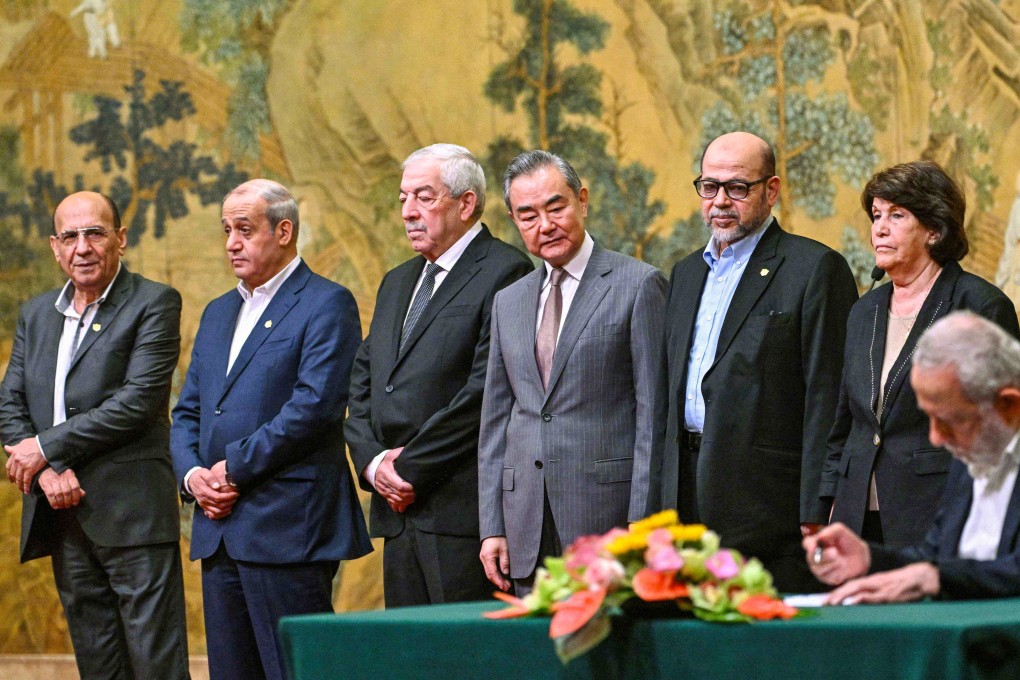Editorial | Diplomatic approach by China a breath of fresh air amid gloom
- Shift in strategy has led to an accord between Palestinian rivals, words of hope from Ukrainian foreign minister and earlier peace pact between Iran and Saudi Arabia

China’s diplomatic approach for decades focused on building bilateral relations and avoiding conflicts in which it had no interest. But over the past several years, Beijing has begun a welcome shift in strategy.
This was evident in the accord struck this week between rival Palestinian factions, including Fatah and Hamas, in China.
The result of three days of talks, a “Beijing Declaration” was important in itself. The pact aims to unite Palestinians and deliver an interim government after Israel’s war on Hamas in Gaza ends. Egypt brokered the last deal in 2017, but it later fell apart.
It is also significant that it was China and not another Middle Eastern state hosting 14 rival groups for talks to set aside their differences. The pact is something of a coup for Beijing’s diplomatic efforts, which stretch beyond its own interests into mediating crises, such as the Gaza conflict, to which it is not a direct party.

These efforts have picked up since Beijing brokered a peace pact between rivals Iran and Saudi Arabia in March last year. Past deals tended to involve Western leaders, making headlines when, for example, former US president Jimmy Carter helped broker the Camp David Accords between Egypt and Israel in 1978, and president Bill Clinton helped bring peace to Northern Ireland two decades later.

